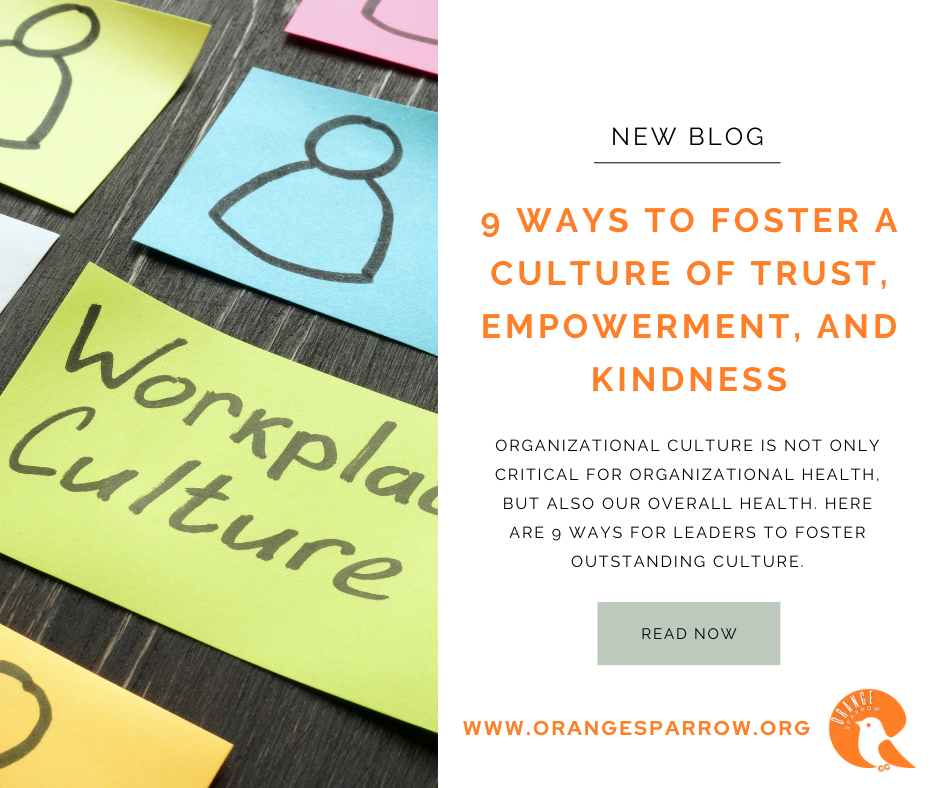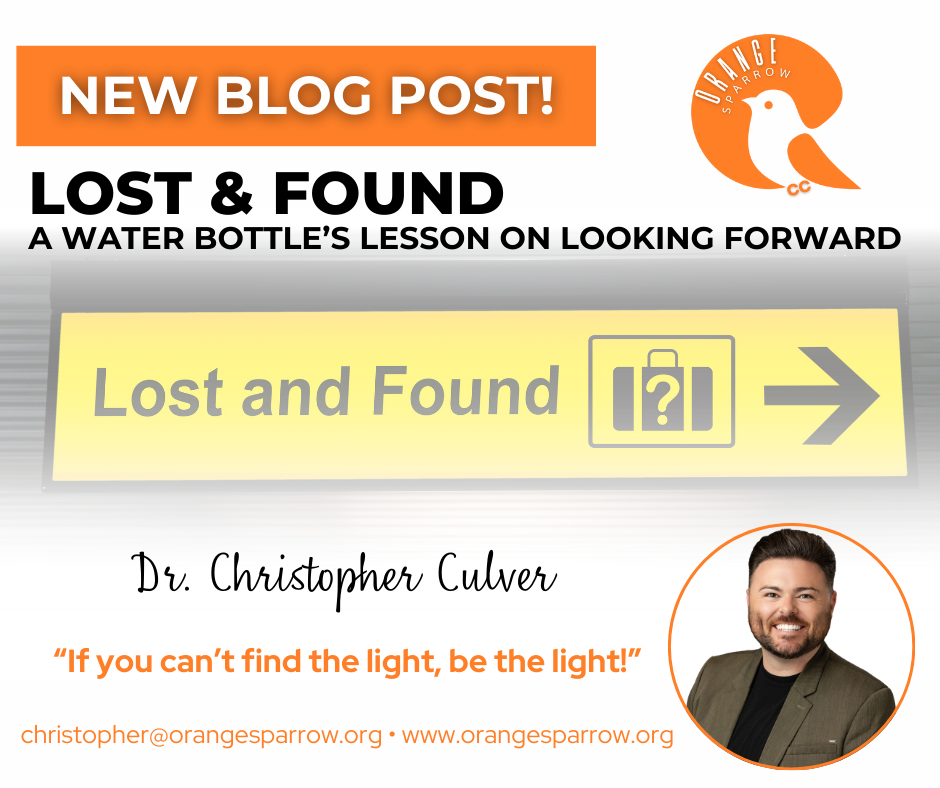
Transform your life: Affirmations
The study used neuroimaging techniques to examine how self-affirmations affect brain regions associated with self-related processing and reward. The results revealed that self-affirmations activate the ventromedial prefrontal cortex, a region of the brain involved in positive self-perception and valuation. This suggests that when we affirm ourselves, we are not only boosting our mood but also reinforcing neural pathways that support self-worth and resilience.

Cultivating Joy and Trust
Data from a 2020 survey involving 25,400 students in grades 6-12 from a major urban district paints a concerning picture: less than one-third of middle schoolers felt they had a strong connection with their teachers. As these students advanced towards 12th grade, this alarming statistic dropped by an additional 16%. These figures underscore a critical issue in our educational system—our students are losing touch with those entrusted to educate them, signaling an urgent need to revamp our engagement and support strategies. In 2023, I explored research around school culture and the correlation to motivation. What I found is that people, not just students, but all people want relationships, trust, empowerment, autonomy, and recognition. These elements foster a sense of safety and belonging, allowing individuals to trust more easily and experience joy at higher levels.

The Power of Play
As I reflect on my journey as an educator, one truth resonates with me deeply: play is essential to learning. Inspired by the teachers who shaped my life, I found my calling in the classroom, and today, as an Instructional Coach, I’m privileged to work with early career teachers in pre-kindergarten through fifth grade. Every day, I witness the transformative power of play-based learning, and I remain an unwavering advocate for public education, developmentally appropriate practices, and play-based learning.
Play is often associated with early childhood, but the truth is that people of all ages benefit from play. Whether it's kindergartners building blocks or middle schoolers engaging in a team-based challenge, play fosters skills essential for success in life. My passion is in early childhood education, but I firmly believe that every child, from preschool to high school, deserves opportunities to learn through play.

Lessons from Simon Sinek
Creating a thriving organizational culture where trust, kindness, and empowerment are at the forefront is essential for success in today’s dynamic work environment. Simon Sinek’s Leaders Eat Last offers insightful principles that resonate with these core values and I have unpacked some of them with tangible, action-steps that you can take to create that amazing environment for all team members and stakeholders. As a researcher on the power of culture, I am excited to share that Sinek’s insights align seamlessly with the 5+1 Model that I founded in my EdD research a few years back.

Redefining Strength: The Power of Kindness
Many people believe that showing kindness, especially in the face of challenges, is a sign of weakness. They fear that kindness might make them seem too soft or easily taken advantage of. But the reality is quite the opposite—it takes real strength to be kind, especially when the going gets tough.
Kindness isn’t about avoiding problems or pretending everything is fine. It’s about facing issues head-on with empathy, understanding, and a genuine desire to find solutions that uplift everyone involved. In the workplace, this approach doesn’t just solve problems; it builds trust, deepens relationships, and creates an environment where everyone can thrive.
Today’s workforce, and today’s youth want leaders who are kind, but also leaders who are willing to foster relationships, rooted in trust, where they are empowered to be creative and innovative, have autonomy to be do what they know works, and to be recognized for their contributions and value that they add to the organization.

BE KIND.
Kindness is a powerful catalyst for personal and collective transformation. Its benefits extend beyond mere gestures, impacting our mindset, health, and emotional well-being in profound ways. By incorporating self-compassion, engaging in random acts of kindness, and cultivating empathy, we can foster a culture of kindness that enriches our lives and the lives of those around us. In embracing kindness, we unlock the potential for a brighter, more connected world.

Build a Better School: The Power of Retaining Teachers
Retaining teachers is not just about keeping staff on board; it’s about creating a stable, thriving educational environment. When teachers feel supported and valued, they are more likely to stay, reducing turnover and ensuring continuity for students. Experienced teachers bring a wealth of knowledge and expertise, enhancing the overall quality of education. Retention is the new form of recruitment. By focusing on relationships, trust, empowerment, autonomy, and recognition, schools can create an environment where teachers and students alike can flourish, paving the way for sustained educational success.

Lost & Found: A Water Bottle’s Lesson on Looking Forward
During the bag inspection, they told me that the water bottle (that I thought I had lost) could not go with me to my next destination. The officer offered me a choice: either go back out of the security checkpoint to drink it or throw it away. With the line long, I decided to throw it away to avoid any delays. But I also laughed and smiled, explaining that I thought the water bottle was lost and/or left on my initial flight from Oklahoma City. The security officer laughed too and wished me a great day. I echoed his sentiments and expressed my gratitude for his support.
As I walked away from the security checkpoint, I thought about the choice the officer gave me. It echoed through my mind that life is really all about choices and surprises. I was surprised to find something that I thought I had lost and was given the choice to look back or look forward.

Choosing Joy: Discovering Wellness Through Daily Choices
Living near Lake Overholser, I often find solace in walks with my dogs and partner. However, as life got busy, those moments became rare. Recently, a podcast discussion about the power of choices led me to reflect on my daily decisions and their impact on my well-being.
In this blog, I share my journey of balancing self-employment, handling burnout, and the importance of setting boundaries. From turning off notifications to saying "no," discover practical steps to prioritize your emotional health and find joy in everyday moments.

From Firewood Splitters to Leadership: Lessons Learned Down on the Farm
Growing up on a farm in Oklahoma, I encountered challenges that required quick thinking, clear communication, and resourcefulness. One memorable fall day, while cutting firewood, an unexpected fire erupted, testing our problem-solving abilities. This experience taught me valuable leadership lessons that I carry with me to this day. Dive into my story and discover how adaptability, effective communication, and making do with what you have can transform your approach to leadership.

From Transparency to Accountability: Building Stronger School Communities
To gain trust from stakeholders, we have to be transparent and maintain high levels of accountability. This means clearly communicating what is happening in the organization, being open about our intentions, and explaining the reasoning behind our decisions. Additionally, setting specific goals, holding everyone accountable, and seeking regular feedback are critical steps in fostering an environment of trust and collaboration. By prioritizing transparency and accountability, we can build stronger relationships and ensure a successful school year.

Engaging Students with Classic Games: Transforming Learning in the Classroom
Gen Z/Gen A students have an attention span of about 8 seconds. We know – we thought the same thing – how the heck are we supposed to teach all of the content we are required to teach, and get it done within 8 seconds? It starts with getting students up and moving.
Our students today are tech-savvy, digital natives, and love virtual reality. However, research shows that students need less screen time and more time interacting with one another to bolster relationships, communication skills, compassion, and empathy. Traditional teaching methods often fail to capture the interest of learners, but incorporating games into the learning process can make a significant difference. Explore creative ways to redesign classic games to make learning engaging and fun for your students regardless of age, content area, or level.

Beyond the Desk: Creating Inviting Classroom Spaces for Student Success
Back to School season is incredibly exciting and re-energizing as you get to plan out your new classroom theme, decide what new decorations you will purchase, and how you want to set up your space for success, effectiveness, and efficiency. As educators, we know that a classroom is more than just four walls—it's a dynamic environment that shapes the learning experience. From collaborative seating to ambient lighting, every element plays a crucial role in fostering engagement, creativity, and student well-being. We hope through this article, you gain practical insight into setting up your classroom space to not only be a great learning environment but one that cultivates engagement and belonging for all students to ensure a collective community.

Creating a Positive Classroom Culture: Strategies for Success from Day One
As a former teacher, I remember the excitement and anticipation of planning for the new school year. Serving in Title I/inner-city schools taught me the importance of building a classroom environment where every student feels valued and supported. By focusing on relationships, consistency, high expectations, growth mindset, and celebrating successes, we can create a positive and inclusive culture that encourages collaboration, empathy, and mutual respect. As you prepare for the new school year, I challenge you to explore these strategies and foster a sense of belonging for all your students.

Fostering a Positive School Culture: The 5+1 Model for Leaders
I spent three years researching the correlation between school culture, motivation, and the impact on teacher retention. I found that positive relationships, deeply rooted in trust, along with levels of empowerment, autonomy, and recognition, yield a positive culture and higher levels of teacher retention. Additionally, my research on Gen Z and Gen Alpha indicates they desire the same things. Today's youth seek positive culture, relationships, empowerment, autonomy, and recognition.
I call it the 5+1 model: relationships, trust, empowerment, autonomy, recognition, and (+1) communication.
As we embark on a new school year, it is important that our leaders and decision-makers keep these ideologies in mind and at the forefront of their decision-making – what is best for students?

July - A New Year
As many new leaders begin to transition into their respective roles and responsibilities, I am optimistic that they will continue to foster a sense of belonging for all students. As I often share, our students do not choose where they go to school or where they will be served; however, they still want to be valued, seen, heard, and respected. We, as leaders, are called and chosen to serve in our roles within their communities.
Our teachers, like our Gen Z/Gen A students, want relationships deeply rooted in trust, where they are empowered to be creative and bold. They seek the autonomy to take risks and be innovative, and they deserve recognition for their contributions to the classroom, school, and community.

Compassion & Empathy
There’s no doubt that the students we serve today are vastly different from those just a few years ago. But we cannot hope for the students of yesterday. We have to love the students we have, for I believe that every student in our classrooms was placed there for a specific purpose. It’s our responsibility to be the dealers of hope and belief, ensuring that they reach their full potential.

End of Year Reflection
We continue to answer the call because we believe in the power of education to transform lives and communities. Each day, educators inspire and empower, making a difference in the lives of their students and the future of our society. That is what has happened this year. In various ways, in various communities, and in various classrooms, we have inspired and made the world a better place for all.

5+1 Model of School Culture
A positive culture matters. Period. We have to create spaces where there are relationships deeply rooted in trust where people are empowered to be innovative and have the autonomy to take risks, but a space that also recognizes them for their value and contributions. We have to make spaces where people want to be.
I call this the 5+1 model of school culture – communication, relationships, trust, empowerment, autonomy, and recognition.

Teacher Appreciation Week!
Teachers, I believe, are the dealers of hope and belief. They illuminate pathways to our dreams, instilling confidence and resilience in their students. With innovative approaches, they expand horizons, enabling students to envision a world full of possibilities.
